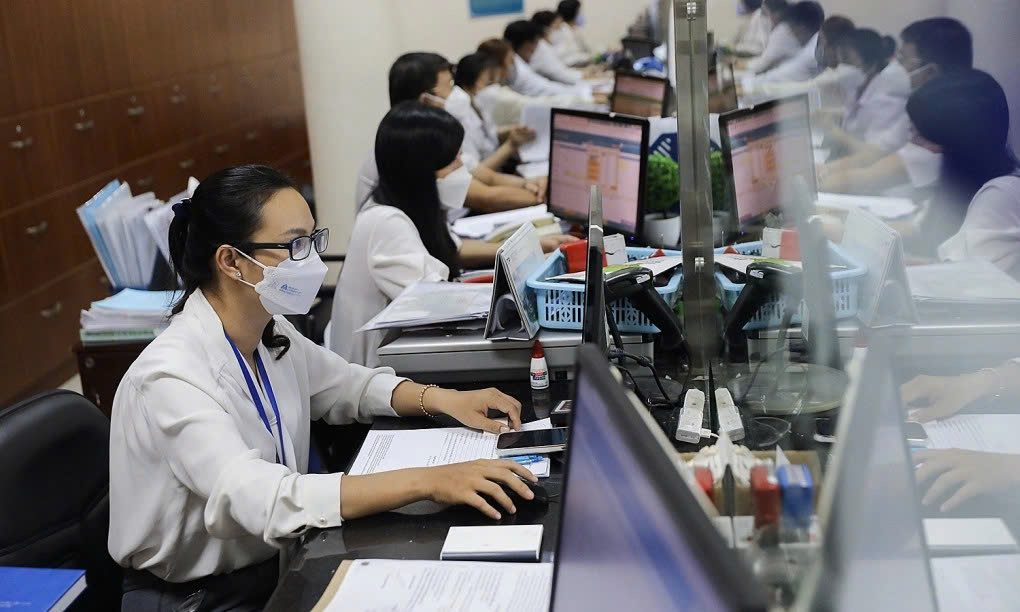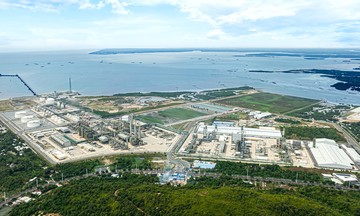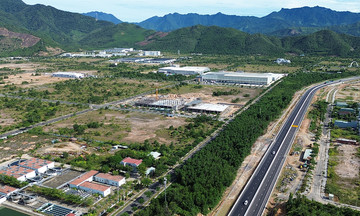In Resolution 139, issued on 18/5, the Vietnamese government outlined its plan to implement resolutions focused on private sector economic development. Ministries, sectors, and local authorities are tasked with improving the business environment and refining policies related to business licensing and bankruptcy. This is one of several solutions aimed at boosting the private sector.
These agencies are required to review and eliminate unnecessary and overlapping regulations that hinder private sector growth. The government aims to reduce processing time for administrative procedures, compliance costs, and business regulations by at least 30% this year, with further reductions planned for subsequent years.
Agencies will leverage digital transformation to minimize processing time for administrative procedures related to land, planning, investment, construction, taxes, and customs.
The process of issuing permits and certificates will largely shift to post-inspection during 2025-2026. This means regulatory bodies will only publish necessary business regulations, except in certain sectors requiring licensing in line with international practice. They must also provide public services to businesses and business households regardless of administrative boundaries.
 |
Administrative staff at Thu Duc City People's Committee. Photo: Quynh Tran |
Administrative staff at Thu Duc City People's Committee. Photo: Quynh Tran
Ministries, sectors, and local authorities will review and categorize regulations to end overlapping and duplicate inspections of businesses on the same subject matter.
The number of inspections (including interdisciplinary) at businesses, business households, and individual business owners will be limited to once per year, except for unscheduled inspections in cases of clear violations. Abuse of inspections for harassment or obstruction will be strictly dealt with. Priority will be given to online and remote inspections, minimizing in-person inspections.
Resolution 139 assigns specific tasks to various ministries and sectors. The Ministry of Public Security is tasked with completing a draft decree guiding the Law on Data this year to increase data sharing, facilitating online and remote inspections and audits.
The Ministry of Finance will review the list of conditional business investment sectors in the Law on Investment to cut unnecessary conditional business sectors before 31/12/2026. The ministry is also responsible for completing policies to support land rental fees for businesses during 2025-2026.
The financial management agency must amend Decree 35/2022 to add a mechanism assigning localities to allocate at least 20 ha or 5% of the total land fund with invested infrastructure in industrial parks for businesses to lease. Guiding documents on land rental support and corporate income tax exemptions must also be completed this year.
The government assigned the Ministry of Agriculture and Rural Development to revise the Land Law and its guiding documents, controlling fluctuations in the price of business and non-agricultural production land. The ministry will assign localities to allocate land funds for infrastructure investment in industrial parks, clusters, and technology incubators for high-tech, small and medium-sized enterprises, and startups to lease.
This year, they also need to complete the construction of the National Land Database and connect it with related data centers.
The State Bank of Vietnam and the Ministry of Finance are required to submit to the government policies to support a 2% annual interest rate subsidy for private enterprises, households, and individual business owners through commercial banks and extra-budgetary state financial funds. This preferential loan capital is intended for green and circular projects that apply the environmental, social, and governance (ESG) framework.
Phuong Dung
Full text of Resolution 139












